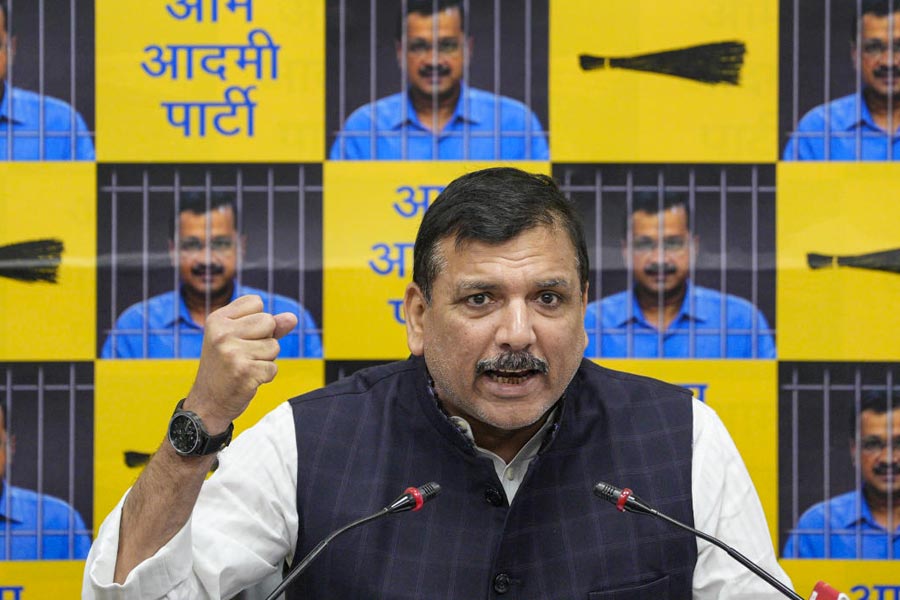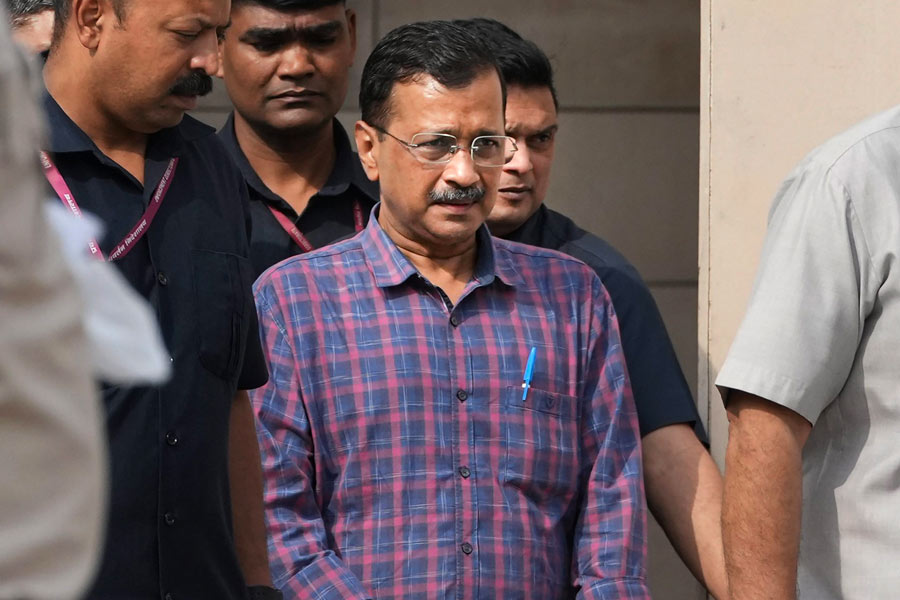In June, the Election Commission of India set a challenge for all political parties and technocrats to hack into the electronic voting machines used in the electoral process. This was, in fact, a litmus test for the EVMs. However, can remote internet voting , or iVoting, be a feasible balloting option in the future, perhaps along with EVM voting?
The state election commission of Gujarat was the first in India to allow iVoting in some civic polls from the year 2010. In 2015, the Kerala government wanted the Centre and EC to take steps to enable non-resident Keralites to cast their votes 'online' during the assembly polls the following year.
Estonia became the first nation to hold legally binding general elections through iVoting for municipal elections in 2005. Today, Estonians can cast their votes via a secure online portal. However, paper ballots are still under operation, making iVoting an option rather than a necessity. While iVotes cast in 2005 were nearly 2 per cent, it grew to over 30 per cent in 2015. Interestingly, nearly 25 per cent of iVoters were over the age of 55, and another 20 per cent between 45-54 years. In Estonia, one may vote as many times as one wishes during a seven-day window up to election day, manually or otherwise, with only the final vote counting. Although many Estonians regard iVoting as a source of national pride, several experts have tried to illustrate possible vulnerabilities in the system. However, Estonian officials have categorically maintained that their system is secure.
Implementing online voting might be a mammoth task for a country as populous as India. But - along with facilitating voting for people who live outside their constituencies, as well as those who are ill or differently abled - iVoting might reduce overall costs, enhance efficiency, increase accuracy of results and minimize population transfers. Public opinion on socio-political issues can be sought more easily online. Allowing multiple iVotes and simultaneously retaining the option for EVM voting might allow more flexibility, combat possible irregularities and facilitate a larger voter turnout.
However, reduced civic engagement and potential breaches of privacy and security are always serious concerns for iVoting. Moreover, does India have the technological expertise to ensure adequate security and keep coercive elements at bay? Convincing voters and political parties about the security and transparency of the system is also very important.










